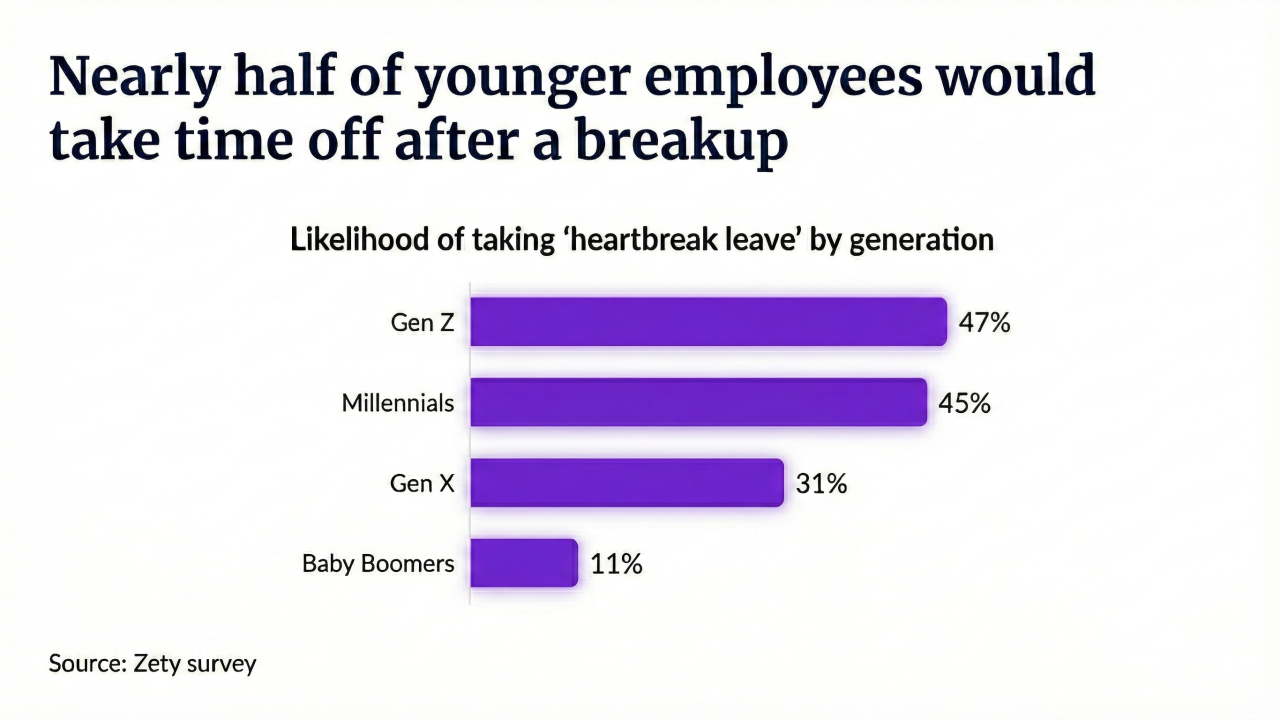Approximately a year ago, I wrote of my support for

The spirit of the rule is to align investors and the industry giving them advice, but as it stands today it is too cumbersome, complex and cost-prohibitive. The best interest contract exemption hurts small investors by making the increased liability for advisers cost-prohibitive. Alternatively, moving these small investors to fee-based accounts could have the effect of increasing their fees over time, which would be a fiduciary conflict.
See also:
Repealing the regulation at this stage will only work to confuse investors, as the expectation of a fiduciary standard will only apply to certain business models while at the same time clouding what those models resemble. Investors want and expect a fiduciary standard of care, and the DOL ruling has had the intended outcome of educating investors and bringing the standard to the forefront. Indeed, the industry should have a uniform standard, whether an investor is fee- or transactional-based. Advisers should give thoughtful investment recommendations based on what they believe to be in the best interest of their clients based on a thorough understanding of their goals and needs. This standard should not be up for debate. Repeal at this juncture will hurt investor trust in the industry at a time when it is still strained in our post-financial crisis world.

Where does Donald J. Trump stand on parental leave, minimum wage and other important workplace issues? Here’s what employers need to know.
Win-win situation
We can fix this so every party wins. Enact a uniform fiduciary standard so all clients are protected. Level commissions so they are structured to remove any appearance of compensation bias. Require advisers to thoroughly document their recommendations and the basis of those recommendations as part of their compliance procedures. In the event of a dispute, advisers can turn to their documentation to justify the prudence of their recommendations given the information they had at the time. Clients must come to the table, too, to make sure that their adviser has all the information they need to give adequate advice.
Advisers should be empowered to give the best advice and solutions to their clients based on client needs, while clients need assurance that their adviser is working in their best interests at all times. A fiduciary standard will still increase industry costs — that’s a given — but increased compliance costs are a small price to pay to heal investor distrust of the industry.
This information was developed as a general guide to educate plan sponsors, but is not intended as authoritative guidance or tax or legal advice. Each plan has unique requirements, and you should consult your attorney or tax adviser for guidance on your specific situation. In no way does adviser assure that, by using the information provided, plan sponsor will be in compliance with ERISA regulations. Securities and advisory services offered through LPL Financial, a Registered Investment Advisor. Member FINRA/SIPC.





